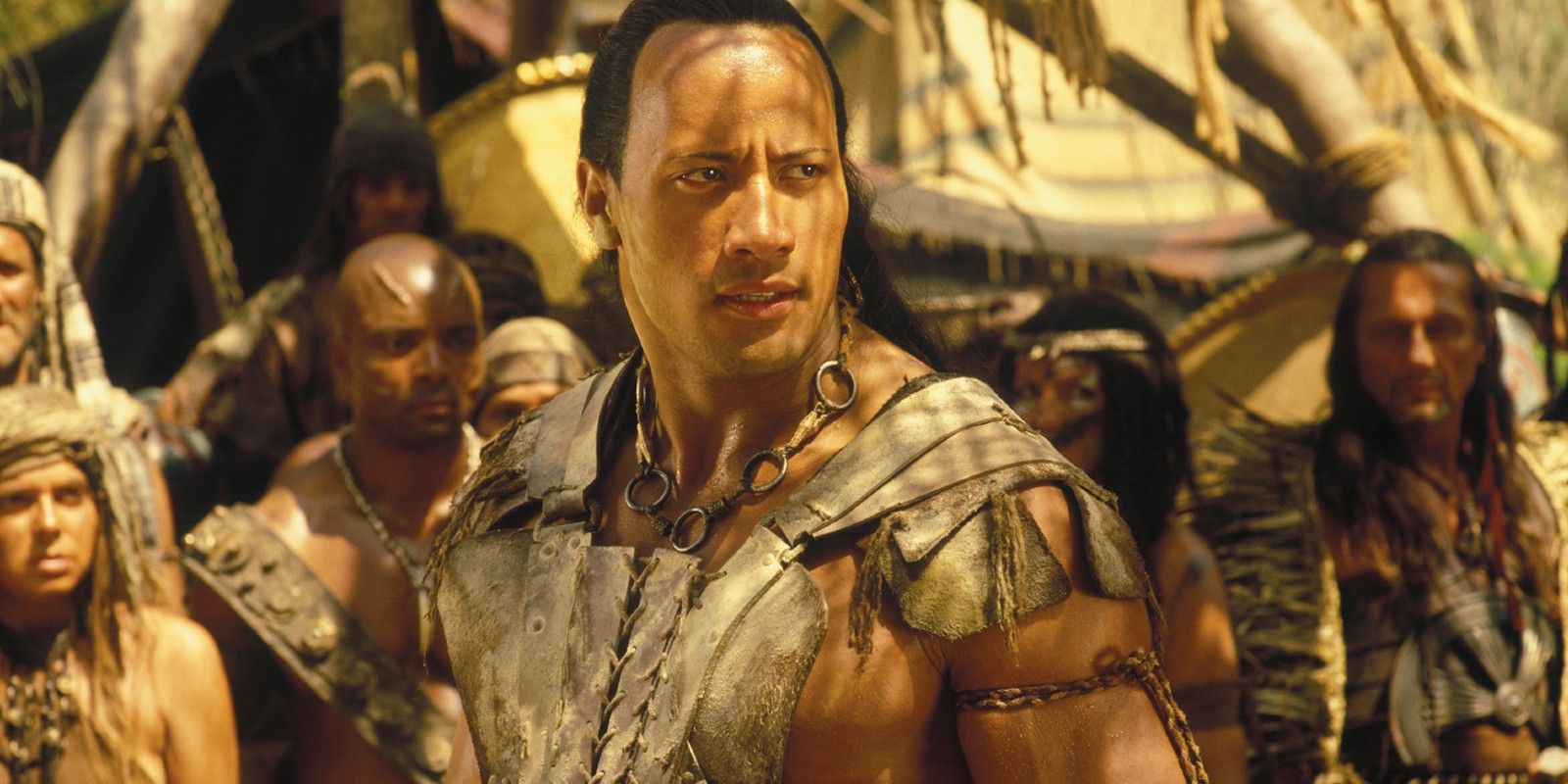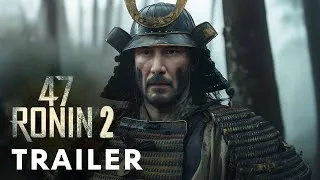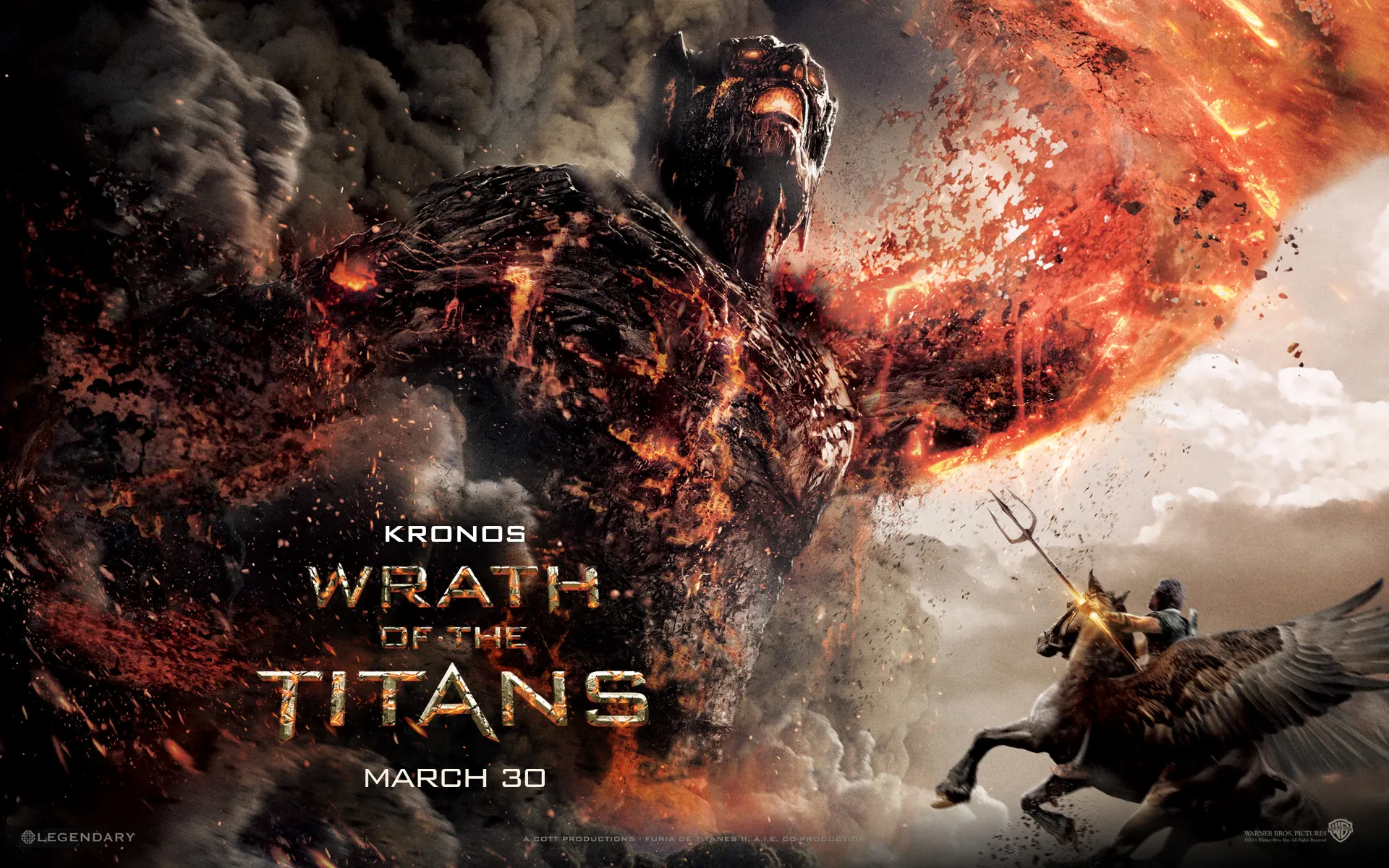“When gods fall silent, kings must write their own destiny in blood and sand.”
From the first swirl of desert sand across a blood-red sky, The Scorpion King (2025) declares itself not merely as a sequel or a reboot, but as a thunderous new chapter in sword-and-sand legend. Directed with blistering energy and surprising soul by Denis Villeneuve, this reimagined saga transforms pulp adventure into an operatic tale of destiny, vengeance, and the cost of freedom.
Gone is the breezy, comic tone of earlier installments. In its place, Villeneuve crafts a film brimming with grandeur and darkness—a sprawling desert epic where every grain of sand hides secrets and every shadow conceals betrayal.
The story unfolds in the dying days of an empire scorched by civil war. Armies clash beneath banners torn by sun and wind. Thrones topple, gods sleep uneasily, and whispers of rebellion slither through marble halls. It’s in this crucible of chaos that we find Mathayus, the Scorpion King, portrayed with commanding gravitas and raw vulnerability by Jason Momoa.
Momoa’s Mathayus is a man reborn. No longer simply a mercenary or a musclebound warrior, he is a haunted figure, caught between the blood that stains his hands and the crown that weighs upon his brow. Once hailed as a savior, he now rules a kingdom on the brink of collapse. Famine scours his lands, alliances fracture, and the echoes of his past sins reverberate through every palace corridor.
But a new threat rises—a ruthless warlord known only as Setekh (played by the electrifying Oscar Isaac), who commands a vast horde and claims divine lineage. Setekh is more than a conqueror. He is a charismatic prophet, weaving prophecy and terror into a single weapon. His goal is to unite the tribes under his banner—or reduce the entire desert to ash.
Isaac delivers a performance that sears the screen, embodying a villain both magnetic and monstrous. In one chilling scene, standing atop a pyramid, he proclaims:
“I am not a man. I am the storm the gods forgot to send.”
The desert itself becomes a living character under Villeneuve’s direction. Cinematographer Greig Fraser captures endless dunes bathed in copper and cobalt, skies ablaze with twin suns setting behind jagged cliffs. Villeneuve lingers on the wind’s sigh through ancient ruins, on the hiss of shifting sands concealing hidden armies. There’s poetry in the film’s visual language, a rhythm that pulses like a drumbeat beneath the chaos.

Yet The Scorpion King (2025) is more than spectacle. At its heart lies Mathayus’ internal war—a king struggling with the ghosts of those he’s killed, the trust of those who remain, and the fear that he is merely another tyrant waiting to rise. Momoa’s performance crackles with subtle emotion, particularly in quieter moments: gazing out over his kingdom at dusk, gripping the sword that has taken so many lives, his eyes heavy with regret.
Beside him stands Layla (Zendaya), a fierce strategist and desert priestess whose loyalty to Mathayus wavers as his crown becomes a heavier burden. Their dynamic simmers with both unspoken affection and political tension. Zendaya plays Layla with sharp intelligence and simmering vulnerability, embodying a woman torn between duty to her people and love for a king she no longer fully trusts.
One of the film’s most striking sequences is a midnight siege on the city of Akhet. Torches flicker like fireflies as Setekh’s forces storm the sandstone walls. The clash is brutal, blades glinting under starlight, blood pooling over ancient carvings. Villeneuve orchestrates chaos into near-mystical choreography—slow-motion shots of falling sand, arrows flying in shimmering arcs, screams drowned by pounding war drums.
And yet, even amidst the violence, The Scorpion King (2025) finds moments of aching humanity. A child clutches a carved scorpion amulet as soldiers rush past. Mathayus and Layla share a brief, silent embrace as dawn bleeds across the horizon. The film understands that true epic scale is measured not only in battles but in the human hearts caught within them.

Composer Hildur Guðnadóttir weaves a score of haunting strings and thunderous percussion, merging ancient instruments with modern sonic textures. Her music becomes a voice for the desert itself—a place of secrets, sorrow, and savage beauty.
By the film’s final act, Mathayus stands once more at the edge of destiny, facing Setekh amid the crumbling ruins of a temple older than history. As swirling sands spiral into a vortex around them, Mathayus roars:
“The gods may be silent—but I will not kneel.”
The outcome leaves scars that feel both personal and epochal. Thrones shift. Borders redraw. And the Scorpion King emerges changed, marked not only by victory but by the knowledge of what his rule costs.
The Scorpion King (2025) is no mere popcorn adventure. It’s a sweeping tale of power and sacrifice, reimagined with blistering style and unexpected depth. It leaves the desert blazing in your memory—and leaves you wondering if legends are built by gods… or by the blood and choices of flawed men.


-1749261041-q80.webp)
